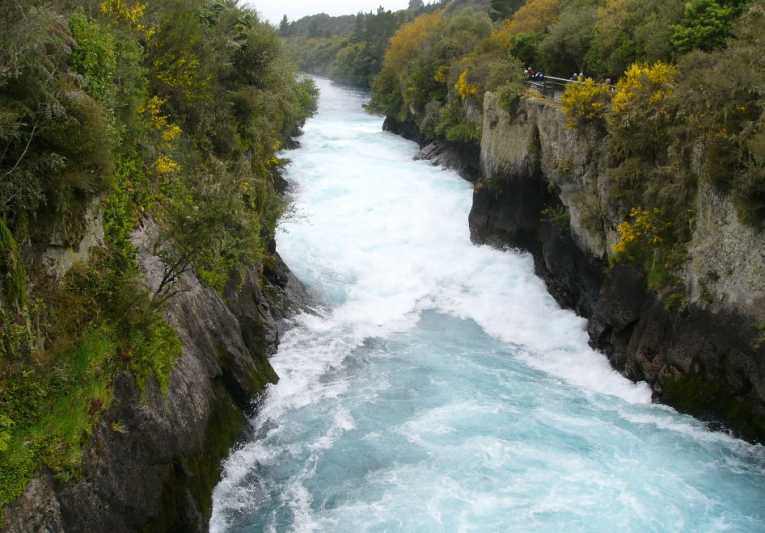Pennsylvania in the recent weeks has been garnering a lot of flak for being the rare state in the United States to let rivers and waterways be the primary disposal area for the vast quantities of waste water produced by a drilling technique called hydraulic fracturing, or fracking.
Activists say that these rivers and water ways are the primary sources from where communities get their drinking water. This is said to be the direct result of the frenetic natural gas related activity that has been going on for the last two years in and around the huge underground rock formation known as the Marcellus Shale, in Pennsylvania.
The natural gas boom in the United States isn't without its fallouts. One of the by products in the processing of the product is brackish wastewater, very salty in nature, with the presence of polluting metals like strontium and barium. Most states have installed drillers that transport this waste thousands of feet deep into the earth by injecting down by force.
Hazardous pollutants
Pennsylvania, one of the major centers of the natural gas boom, has been accused of only partially treating the waste water for potentially harmful substances and then disposing of it into rivers and streams. The Environmental Protection Agency is conducting research looking in to the levels of the pollutants in the waters of the rivers and trying to ascertain if they are safe for humans and wildlife.
While energy companies and officials say that the correct safety measures are being implemented with the operators of the treatment plants seconding this view, records examined by The Associated Press, say that at least 3.6 million barrels of the ultra briny, chemically contaminated wastewater produced by gas drilling operations were released into state waterways in the one year time period that ended in June 30, 2010. Officials say that that the volume of water in the river should dissolve any pollutant above safe levels and render them harmless.
Researchers are especially concerned with the levels of waste because the rivers are already at risk of picking up more pollutants from sources like abandoned coal mines. Drinking this water can give humans diarrhea say reports.










